ÁNGEL AGUDO ON THE IMPORTANCE OF THE DAY OF THE BEAST
By ÁNGEL AGUDO (*)
There was a time hard to remember by those who lived in it. During the late 80s and early 90s, young boys in Spain had a crush on Role Games. We were innocent. We didn’t know what RPG stood for, we didn’t have the guts to read a book written by Tolkien until the very last page and most important, we weren’t aware of fantasy and horror films made in Spain decades before. The cultural impact that entertainment had on a couple of generations was huge, I don’t know if that was the same in other countries and societies. Probably not, probably it was one of the latest times when kids in the young democracy of Spain reached an international fashion out of time. We were so innocent that we didn’t know that those books and games played a significant part in the cultural break of previous generations, and we didn’t understand why the sensationalist media started to publish messages like ‘Are your kids playing with these risky games?’ or ‘Kids kill each other during a role playing massacre’.
We didn’t know almost anything but we’re going to discover something… Our own epiphany. In 1995, a perfect marketing campaign started to tease our minds. Posters on the streets announced an upcoming end of the world, trapping our attention, together with magazines publishing interviews to the blooming director Álex the la Iglesia, revealing that his crew experienced paranormal issues during the filming of his second feature, El Día de la Bestia. If you add the coolest bands from Spanish underground and punk being included in its soundtrack, you got the perfect combo for youngsters.
In an era were we still didn’t know the meaning of the word “Hype”, the hype created with El Día de la Bestia was huge. And we weren’t disappointed when we saw the film. We were right to expect it because the film talked to us in a different way from other -even the best ones- Spanish movies. It was a film for young people made by young people. A film which spoke to us like only films like Star Wars, Indiana Jones or Gremlins did before.
El Día de la Bestia was like a role playing game that mixed many of our cultural references, used Madrid as the map or board of the game, had three archetypes (monk and -false- wizard included) and it cleverly had some nostalgia of the dictatorship playing a role in the shadows of the story. It was perfect. It connected with us, and more important, it was the film who taught us that it was possible to make films like our beloved ones in our then-not-so-beloved-country.
Its effect in our generation grew during the years. A famous store in Spain who is specialised in selling books, movies and music, opened De la Iglesia’s official site on that weird thing called Internet, and its boards, started to be visited by teenagers who wanted to make their own films and were De la Iglesia’s devoted fans. It is stunning the amount of our young directors, screenwriters and producers who started to work together because they became friends when posting in those old boards. That is a phenomena I have never seen before: a future generation of artists starting to collaborate together because they discovered their mutual interests in a board dedicated to a filmmaker. I have never understood why some film journalist in Spain don’t stop trying to write essays about the same old films others wrote about and start researching and going deeper in an untold story that reveals many things about our present and future national cinematography.
There is an old pub in Madrid called ‘El templo del Gato’ (the temple of the cat) that exists from long ago, probably from the rumbling and crazy nights in the early 80s when Pedro Almodóvar started his myth. It is one of the places any bohemian and young artist who lives in Madrid has been once. At the entrance, full of pictures of unknown people partying drunk decades ago, there is a tiny one, one with a fat guy with the strangest beard in the history of western civilization… the legend says that the chubby is Alex de la Iglesia when he started to live in Madrid. The story is probably true but I think it is more romantic to keep the shadow of the doubt over it. But the important thing is not that one. It is that many of us, the ones from the boards, the ones who weren’t on that corner of the Internet and the older ones who were at a film school at that time, always look in the entrance for the tiny head of De la Iglesia in that jungle made of dozens of pictures of people drinking. When we see that picture, we all know that his story and an important part of our own started in those old days.
Everyone of us are probably still innocents -but not as young as in 1995, I’m afraid- and many of us -like myself- were never able to finish a book by Tolkien. But without that boy and his second feature, we would be still innocents with a wholly different job, would have thrown away the role games in a later age and we would be visiting that old pub with different friends and mates.
El Día de la Bestia started it all. Started it all for him and us.
_______________________________________________________________________________
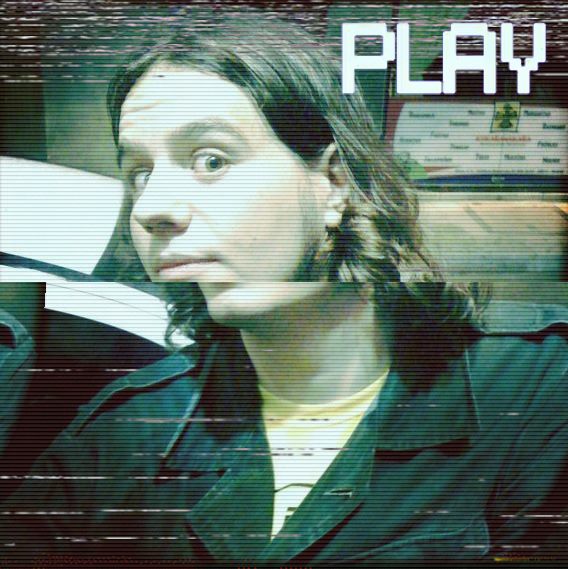 Ángel Agudo is a Spanish screenwriter. He wrote (and directed) the documentary The Man Who Saw Frankenstein Cry and screenplays for shorts as Thalion Ltd. or Go Home. He has also co-written the upcoming feature: Sweet Home.
Ángel Agudo is a Spanish screenwriter. He wrote (and directed) the documentary The Man Who Saw Frankenstein Cry and screenplays for shorts as Thalion Ltd. or Go Home. He has also co-written the upcoming feature: Sweet Home.

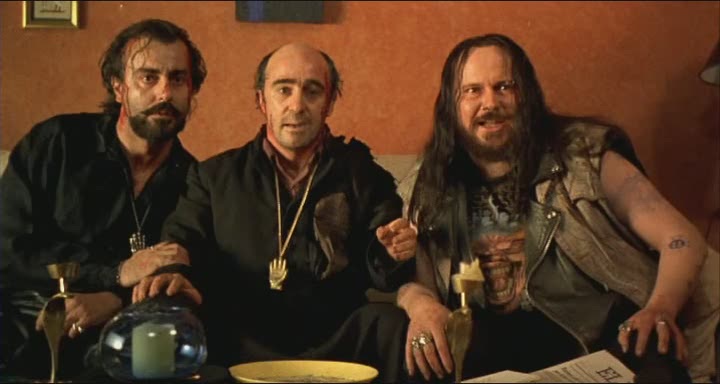
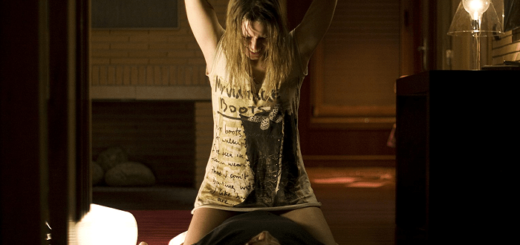
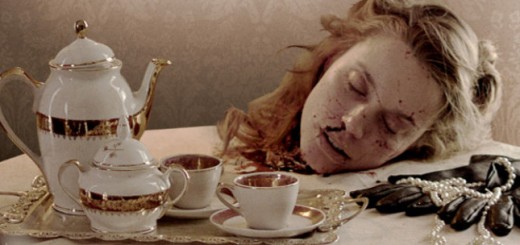

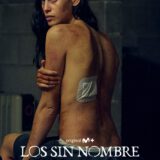
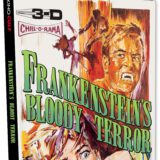
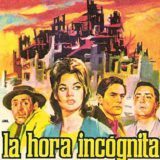

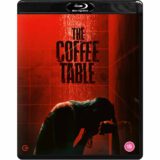
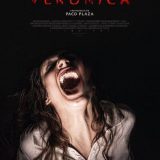

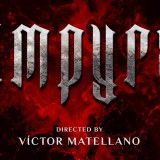
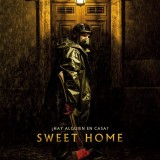
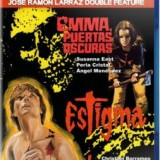
3 Responses
[…] ÁNGEL AGUDO ON THE IMPORTANCE OF THE DAY OF THE BEAST […]
[…] The screenwriter Ángel Agudo on the importance the movie had in those times […]
[…] The screenwriter Ángel Agudo on the importance the movie had in those times […]